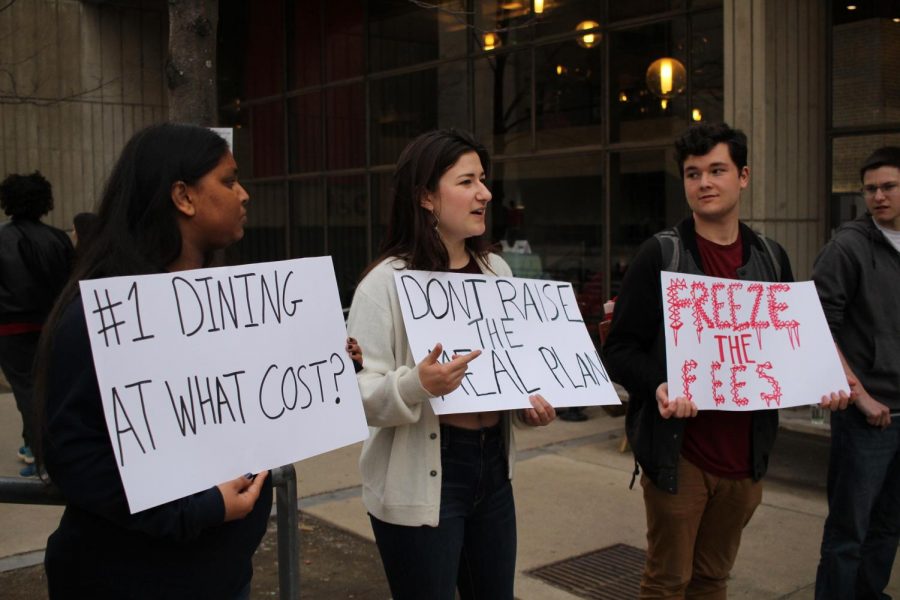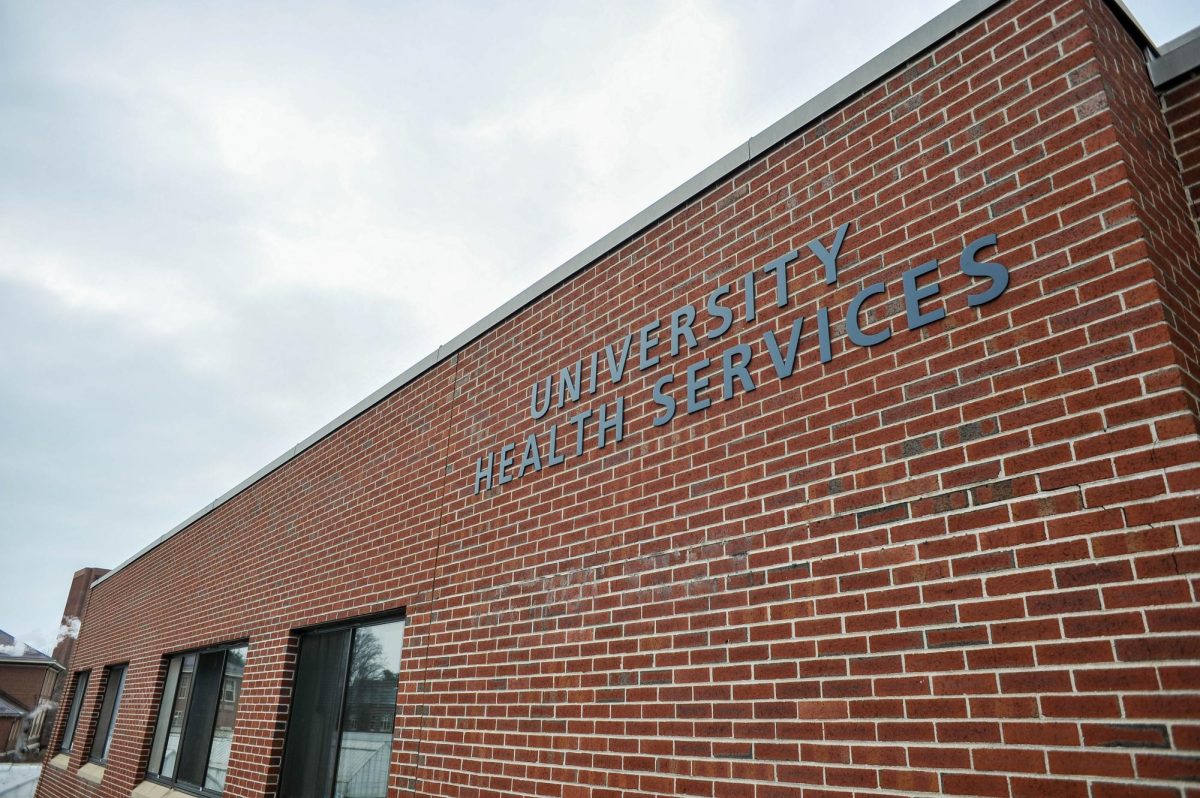To Executive Director of Auxiliary Enterprises Ken Toong, Vice Chancellor for Administration and Finance Andrew Mangels and other UMass administrators:
Food insecurity is a national issue. Researchers at Temple University, in collaboration with Wisconsin’s HOPE Lab, recently found that 36 percent of students at 66 surveyed colleges and universities across the nation experience food insecurity – that is, they do not get enough to eat. Food insecurity, as outlined in the HOPE Lab’s report, “is the limited or uncertain availability of nutritionally adequate and safe foods, or the ability to acquire such foods in a socially acceptable manner. The most extreme form is often accompanied with physiological sensations of hunger.” This report is in line with previous research indicating that 40 percent of students at the University of California suffer from food insecurity. Further compounding this phenomenon, four state universities in Illinois found 35 percent of their students are afflicted by this hardship. The data is empirical: We are witnessing a national neglect for students’ wellbeing, and it’s time we seek to address this issue here at the Commonwealth’s Flagship Campus.
We, the students on the ground working for food justice and quality of campus life, implore you to join our cause. Students at the Food Recovery Network strive to reduce food waste and address food insecurity in the Amherst community. Student organizers at the Center for Education Policy & Advocacy partner with the Food Recovery Network to provide weekly community meals for students in need. The UMass Student Farm Enterprise is growing extra food to donate to local food pantries and working with the Dean of Students Office to provide farm shares to food insecure students. Co-ed service fraternity Alpha Phi Omega has opened a student food pantry in their office in the Student Union. But these initiatives, as immediately necessary as they are, are not enough to address the public health crisis of increasing food insecurity. We need administrative support to address our community’s needs and lead with us.
We seek to bring this University’s rhetoric of social justice, diversity and inclusion to its fullest fruition by partnering with administrators and community members in a concerted effort to promote food access. The Student Food Security Forum is supported by the Campus Climate Improvement Grant. The forum will include professors, students and community members who have witnessed or experienced this issue firsthand and seek to resolve it. Together, we can ensure that the University of Massachusetts serves the basic needs of the Commonwealth.
Executive Director Toong received the David H. Lord Award for Exemplary Community Services at the National Association of College Auxiliary Services in October 2016, as a result of his community-building efforts at UMass Dining. Surely administrators will understand that those in powerful positions have to meet the needs of their constituencies. Given the exorbitant prices of campus meal plans, as well as the fact that students living on campus are required to purchase a meal plan, the question of affordability must be addressed. In collaboration with the student body, the Center for Education Policy & Advocacy’s Food Access and Justice campaign invites you to attend the Student Food Security Forum Thursday, April 12, from 5:30 to 8:00 p.m. in Integrative Learning Center, Room S120. Come listen to student perspectives on food insecurity at UMass. We invite all administrators, professors and community members, and we look forward to working with you.
– The Food Access and Justice Campaign of the Center for Education Policy & Advocacy
James Cordero is the External Communication Coordinator of CEPA and can be reached at [email protected].



















